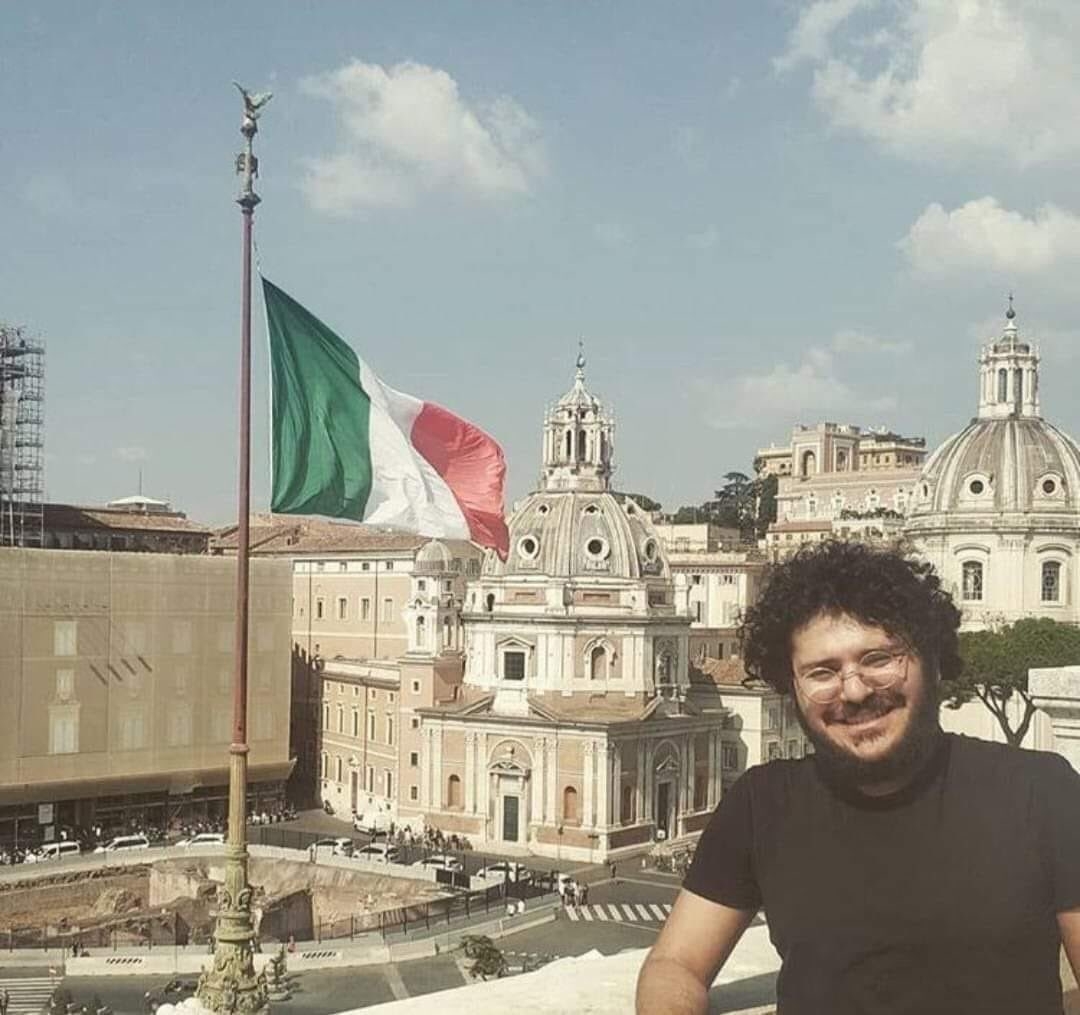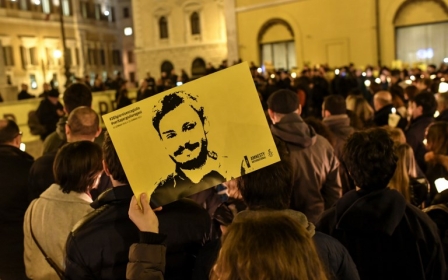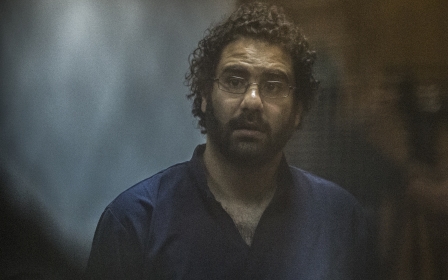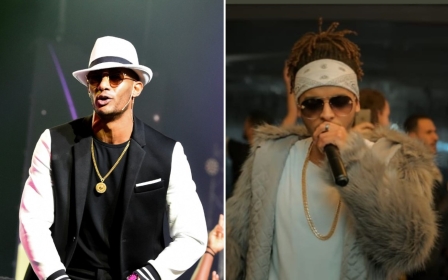Egypt renews detention of student Patrick George Zaky despite criticism

Prosecutors in Egypt's Mansoura decided on Saturday to renew the provisional detention of Bologna University student Patrick George Zaky by 15 days on charges including the spreading of false news.
Authorities arrested Zaky on 7 February upon his return from Italy, where he had been living and studying.
According to the Egyptian Initiative for Personal Rights (EIPR), a local organisation that Zaky works for as a researcher, security forces held him incommunicado for 24 hours and tortured him before charges against him were announced.
Zaky is facing a range of charges, including "calling for protests without permission," "spreading false news," and "inciting violence and terrorism".
The Egyptian National Action Group (ENAG), an opposition movement, condemned Zaky’s renewed detention as political.
New MEE newsletter: Jerusalem Dispatch
Sign up to get the latest insights and analysis on Israel-Palestine, alongside Turkey Unpacked and other MEE newsletters
"Patrick Zaky is nothing but a political prisoner whose only crime was to be brave enough to speak his mind," Ayman Nour, the group's spokesperson, said in a statement.
Zaky, 28, works for the EIPR as a researcher on gender and sexuality rights.
He is also a human rights advocate, and he has campaigned for the truth about the murder of Italian student Giulio Regeni four years ago.
Most of the questions he received during his interrogation were related to his Facebook posts, according to Human Rights Watch.
Zaky's arrest has sparked a solidarity campaign in Italy, with politicians and activists urging Egyptian authorities to release him.
Italian human right activists have expressed concerns that Zaky could be at risk of torture and ill-treatment in Egypt's notorious prisons, drawing parallels with the torture of Regeni.
Regeni's family has also expressed solidarity with the detained activist.
"Patrick, like Giulio, is a brilliant international student and holds dear people's inviolable rights," the family said in a statement.
"Democratic governments should preserve and cultivate the growth of these committed and studious young people of ours and should protect their safety in all areas."
Rights groups have accused the government of President Abdel Fattah el-Sisi of holding at least 60,000 political prisoners since he came to power in 2014.
Sisi, who ousted his democratically elected predecessor Mohamed Morsi in a military coup in 2013, justifies the crackdown as part of his "war against terrorism".
Middle East Eye delivers independent and unrivalled coverage and analysis of the Middle East, North Africa and beyond. To learn more about republishing this content and the associated fees, please fill out this form. More about MEE can be found here.




